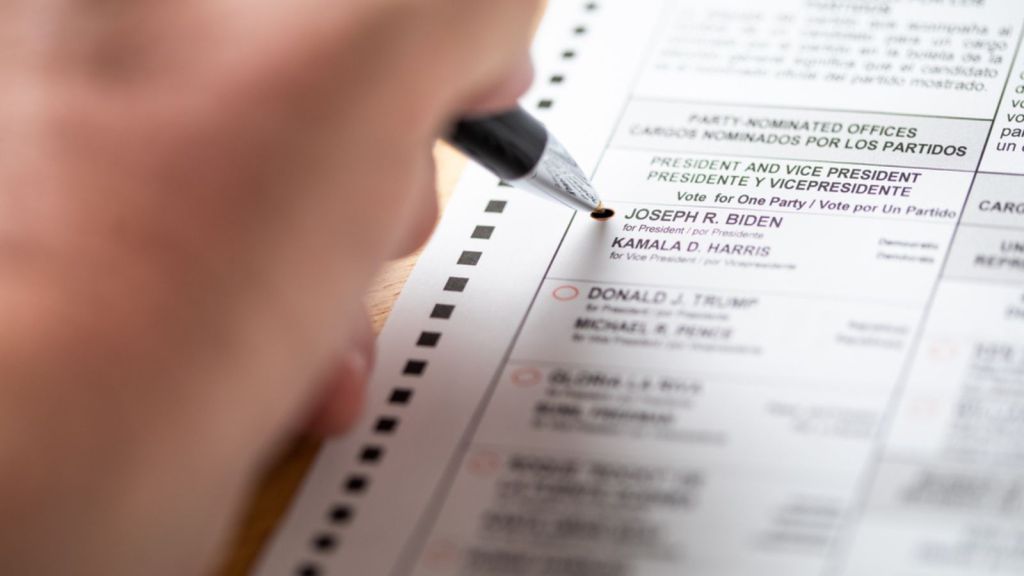“Unlocking Democracy: The 14 Surprising Myths About U.S. Voting That Could Change Your Perspective!”
In some local areas, non-citizens might be able to vote in municipal elections, but these are exceptions, not the norm. It’s always a good idea to check credible sources for accurate voting eligibility information to avoid any mix-ups.
12. Voting is Only Important During Presidential Elections


Presidential elections may get all the media buzz, but midterm and local elections often have a much more direct impact on your daily life. Local elections decide on issues like education, law enforcement, transportation, and housing—things that can affect your community immediately.
Many of the people elected in midterms, like members of Congress, have a significant role in shaping national policies. Every election is important, not just the one with the White House on the line.
13. You Can’t Vote If You Don’t Speak English


There’s no language test for voting, and federal law requires that voting materials be available in other languages in areas with significant non-English-speaking populations. You can request a ballot and other resources in languages like Spanish or Chinese in many places.
Don’t let a language barrier stand in your way—there are resources to certify that everyone can participate in the democratic process.
14. Young People Don’t Vote


The idea that young people don’t vote is a myth that’s (fortunately) dying slowly. In recent elections, youth voter turnout has increased significantly, and young voters are making their voices heard in larger numbers.













